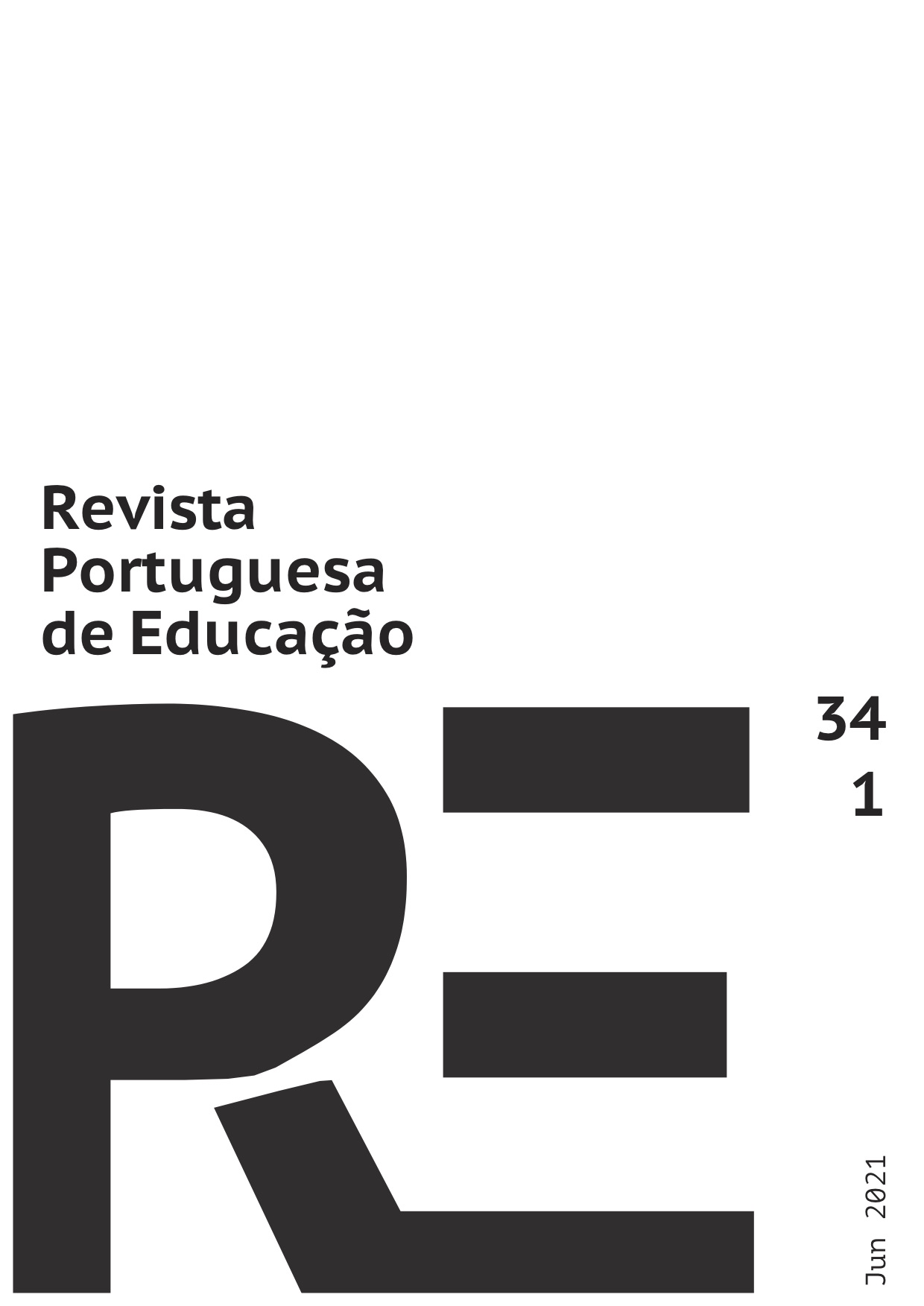Training of Portuguese Language Teachers in China: Contributions for reflection
DOI:
https://doi.org/10.21814/rpe.18307Keywords:
Teacher training, globalization, teaching Portuguese in China, pedagogical practicesAbstract
In China, since 2005, there is a great demand for Portuguese education. In this context, the training of teachers of Portuguese stands out as a determining factor. However, teacher training in China has not been without question and criticism, which is related to a discourse that calls for the need to reform teaching and its pedagogical practices. Considering of the specific case of China, this question must be understood in a structural and conjunctural context of Chinese society to avoid the risk of isolating the process from society itself. This article focuses on the study of training of teachers of Portuguese in China, with the objective of contributing to the elaboration of proposals for action to promote a pedagogical practice more conscious and appropriate to the contemporaneity.
Downloads
References
Cavalcanti, M. C. (1999). Implementação de pesquisa na sala de aula de línguas no contexto brasileiro. Trabalhos em Linguística Aplicada, 17, 133-144.
Cheng, Y. C. (2005). New paradigm for reengineering education: Globalization, localization & individualization. Springer.
Costa, J. J. M. (2011). Literacia ou literacias digitais? Uma reflexão no final da primeira década do século XXI. Revista Portuguesa da Pedagogia, 171-180. https://doi.org/10.14195/1647-8614_Extra-2011_14
Cunha, C. (1981). Língua, nação, alienação. Nova Fronteira.
Edleise, M. & Gilvan, M. O. (2019). Uma língua de ouro? Perspectivas político-linguísticas para o ensino e a formação de professores de PLE na China. In Y. Qiaorong & F. D. Albuquerque (Orgs.), O ensino do Português na China: parâmetros e perspectivas (pp. 97-139). Lidel.
Gao, Y. S. (2016). Situação atual e tendência de desenvolvimento do sistema de educação superior da China. In T. Dwyer, E. L. Zen, W. Weller, J. Shuguang & G. Kaiyuan (Orgs.), Jovens universitários em um mundo em transformação: uma pesquisa sino-brasileira (pp. 43-77). Ipea/SSAP.
Kuhn, T. (1991). A estrutura das revoluções científicas. Perspectiva.
Lopes, M. C. L. P. (2005). Formação tecnológica de professores e multiplicadores em ambiente digital. PUC.
Nóvoa, A. (2007). Desafios do professor no mundo contemporâneo. Sinpro.
Paquay, L. & Wagner, M. C. (2001). Les compétences professionnelles privilégiées dans les stages et en vidéo-formation (3 éd.) Editions de Boeck Université.
Soares, M. (2002). Linguagem e escola: Uma perspetiva social (17a ed.). Ática.
Schön, D. A. (2000). The reflective practioner: How professionals think in action. Avebury.
Vieira-Abrahão, M. H. (2002). Teoria e prática na formação pré-serviço do professor de língua estrangeira. In T. Gimenez (Org.), Trajetórias na formação de professores de línguas (pp. 59-76). EDUEL.
Wallace, M. J. (1991). Training foreign language teacher: A reflective approach. Cambridge University Press.
Werner, D. & Bower. B. (1984). Aprendendo e ensinando a cuidar da saúde. Paulinas.
Wolton, D. (2006). Demain la francophonie. Flammarion.
Ye, Z. L. (2014). Algumas considerações sobre a expansão do ensino da Língua Portuguesa na China. In M. J. Grosso & A. P. C. Godinho (Coords.), O Português na China: ensino e investigação (pp. 41-54). Lidel.
Zeichner, K. (1983). Alternative paradigms for teacher education. Journal of Teacher Education, 34(3), 3-9.
Zeichner, K. (1996). Novos caminhos para o practicum: Uma perspectiva para os anos 90. In A. Nóvoa (Org.), Os professores e a sua formação (pp. 115-138). Publicações Dom Quixote.
Downloads
Published
How to Cite
Issue
Section
License
Copyright (c) 2021 Portuguese Journal of Education

This work is licensed under a Creative Commons Attribution-ShareAlike 4.0 International License.
1. The authors preserve their authorship and grant the Portuguese Journal of Education the right to the first publication. The work is licensed under Creative Commons Attribution License that allows sharing the work with the acknowledgment of initial authorship and publication in this Journal.
2. The authors have the right to take additional contracts separately, for non-exclusive distribution of the published version of their work (e.g. to deposit in an institutional repository or as a book chapter), acknowledging the initial authorship and publication in this Journal.
3. The authors have the permission and are stimulated to post their work online (e.g. in an institutional repository or on their personal website). They can do this at any phase of the editorial process, as it may generate productive changes, as well as increase impact and article citation (see The Open Citation Project).
The work is licensed under Attribution-ShareAlike 4.0 International (CC BY-SA 4.0)




















